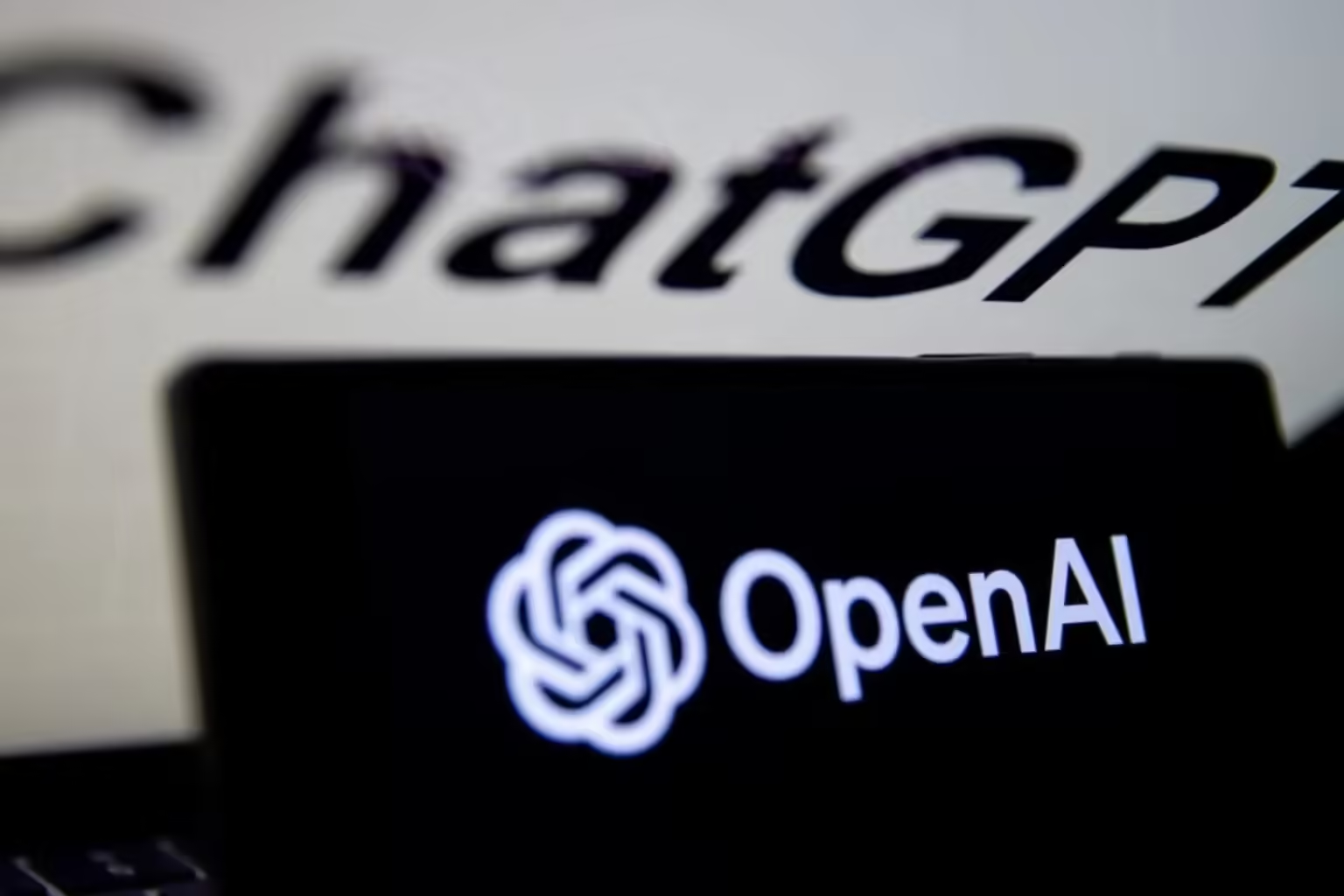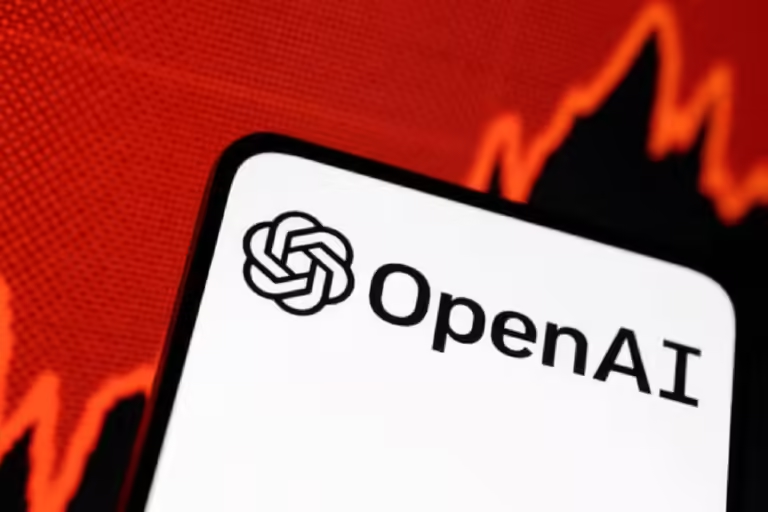
OpenAI Aims to Add Expressive AI Voices to All Your Favorite Apps
The OpenAI will let other companies use its synthetic voice technology that sounds like a real person, which could bring in more money.
Any app creator will be able to add quick and natural voice interaction to their apps with OpenAI. This could lead to a lot more people using a cool new generation of AI technology that can sometimes be creepy.
Since July, ChatGPT users have been able to use OpenAI’s “advanced voice mode,” which has six AI voices that sound casual and expressive and can recognize and respond to different human vocal tones. Anyone who signs up will be able to use the technology, as well as the thousands of companies that pay OpenAI to use it in their own goods.
OpenAI could make more money from the fees it charges apps every time they use its technology if it lets strangers use more of its AI inventions. Bringing in more money is very important for the company, which is looking for billions of dollars in new funds and might restructure so that its business is not run by its current nonprofit board.
At an event in San Francisco, OpenAI told software makers that they would be able to use its voice technology. OpenAI execs showed how an app based on its voice technology could call a business and order chocolate strawberries at a news briefing before the event.
The business wasn’t real, and the person who took the order and asked questions that the AI voice quickly answered was actually an OpenAI executive acting out a part. However, the executives said that app developers will be able to use that feature right away.
At the press conference, Kevin Weil, chief product officer of OpenAI, said, “We want to make it possible to interact with AI in all the ways you interact with a person.”
With the AI technology we have now, which often makes mistakes, that goal would be hard to fully reach. But if app makers rush to use OpenAI’s voice algorithms, a lot more people could soon use or be exposed to machines that can talk like people in some situations.
Realistic voice synthesis technology is already used in some call centers. If OpenAI can make it smarter and more common, though, customers may face new problems or scams along with new benefits.
The FCC fined a political adviser $6 million last week for using AI to make robocalls to New Hampshire earlier this year that said they were President Joe Biden but were really someone else.
In 2018, Google Duplex, an AI speech bot, came out. It could call salons and restaurants to make reservations. But the people who worked for neighbourhood businesses and got the calls didn’t always like it.
At first, Duplex didn’t say that it was just software. But after people complained, Google changed the code so that it always said it was an AI system. The feature hasn’t caught on with many people, but Google Pixel phones can block calls with a similar tech, and the company’s cloud unit provides voice tech for call centers.
Realistic Voice Synthesis: The Benefits and Potential Risks
Voice bots have come a long way in the last few years. When OpenAI released its new voice mode for ChatGPT in May, it got a lot of praise for being able to have short conversations, understand complicated topics and questions, sing, and reply to different tones of voice.
The tone of OpenAI’s system has been tuned to sound eager and polite, like the way ChatGPT returns texts. The company has six voices to choose from, but the first one, “Sky,” was taken off the list after Scarlett Johansson said the company stole her voice without her approval. As shown in documents given to The Washington Post, a different actor was hired to record the speech.
OpenAI says that its technology is now being used by 3 million coders in dozens of countries to make new apps and features. Giving away its newest voice tools could help it get more of those important users and make more money from them.
As the internet gave rise to giants like Google and smartphones to businesses like Uber and DoorDash, some tech investors and entrepreneurs say that AI will also give rise to a wave of start-ups that become essential to people’s lives.
Other AI experts warn that new features like voices that sound like real people can be very dangerous if they get into the wrong hands. The fake Biden phone calls that were made in New Hampshire in January used an AI narration service that was meant to be used for podcasts and video games.
OpenAI says that developers can’t use its services to spam, trick, or hurt people, and it has built systems to watch how people use its technology and shut down any that don’t follow the rules.
In a blog post about the new tools, the company said that developers who use the voice app must “make it clear to their users that they are interacting with AI, unless it’s obvious from the context.”
People have hacked into OpenAI’s systems in the past, even though ChatGPT and its other services follow the same rules, such as not being used for political campaigns.
This year, a coder used the company’s technology to make a chatbot for Dean Phillips, a Democrat running for president. The company only fired the person who made the robot that broke the rules after The Post wrote about the project.


